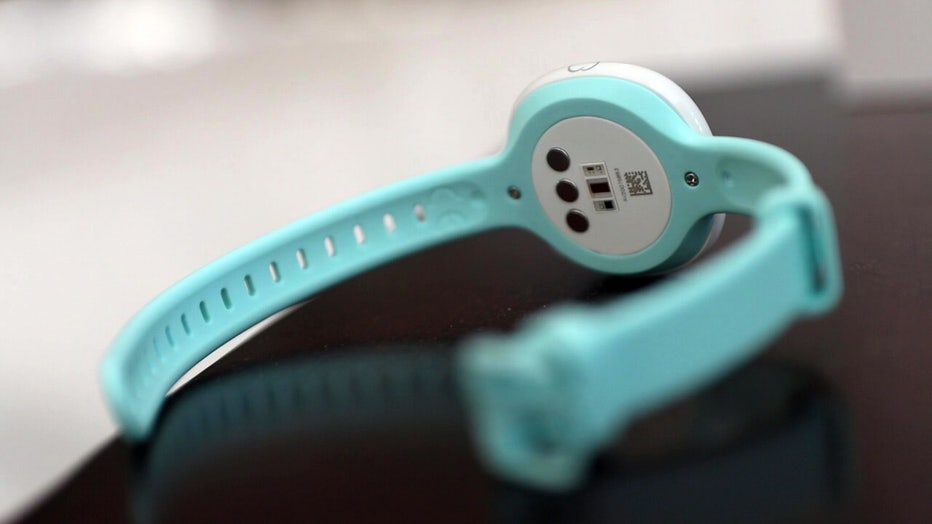What you need to know about fertility trackers
Fertility trackers on the rise
Wearable fitness and health trackers have flooded the market in recent years -- and now more women are using similar technology for an advantage when it comes to getting pregnant.
TAMPA, Fla. - Ashlyn Fulmer is soaking up every precious moment as a new mom. Her son Beckham is now 11 months old, but two years ago, she thought pregnancy was eluding her.
"I had been trying for about six months at the time, which doesn't seem like a long time, but when I was 26, I thought by then I should have gotten pregnant," she recalled.
So, Ashlyn enlisted some assistance in the form of a fertility tracker. "I wore it each night and it tracked everything for me."
The Ava Fertility Tracker syncs to a phone app. It tracks skin temperature, pulse rate, breathing rate, perfusion and heart rate.
With those parameters, Ava pinpoints a woman's five best days a month to try for a baby.
"I got it in November and then we were pregnant by the end of March,” Ashlyn said.

Tampa General Hospital's Dr. Anthony Imudia says fertility trackers are becoming more popular every day. He also says the idea of tracking isn't new, just the technology.
"These devices have been around for some time. They are just evolving," he noted.
Dr. Imudia also says they're quite accurate. Peer-reviewed research has shown Ava's tracker to be 90% accurate.
But he says the technology may not be for everyone. "It is very easy to misuse these trackers. These trackers are usually going to be good for patients who have a regular cycle.”
Imudia also cautions users that fertility trackers may add unnecessary stress to a relationship. For example, what if a woman is at peak fertility and her spouse is not available or not in the mood?
"I think you want to make it as natural as possible, so that they don't feel that pressure of being available," Imudia offered.
After a positive experience with Ava, Ashlyn is holding on to her tracker. "I'm excited to start using it when we try for baby number two!"
LINK: Ava Fitness Tracker: www.avawomen.com

